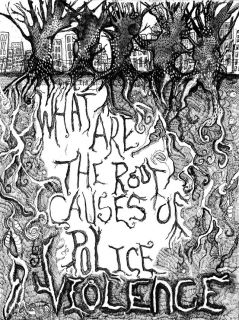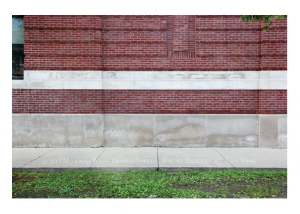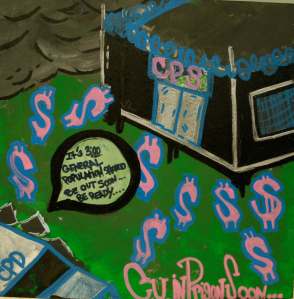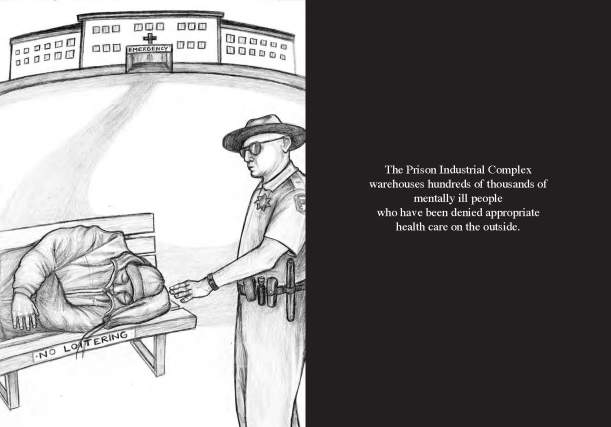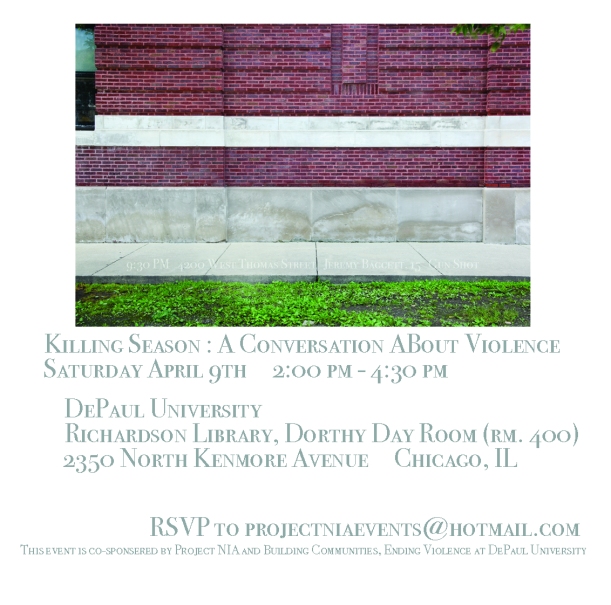Chicago Taskforce on Violence Against Girls and Young Women
Conference on Violence in the Lives of Girls
The Chicago Taskforce on Violence against Girls and Young Women is hosting a conference about Violence in the Lives of Girls on September 14 and 15, 2012.
The purpose of the conference is to re-inject the voices of girls and young women into the conversations about violence in Chicago. Discussions about violence in the lives of Chicago youth are mostly focused on boys and largely address lethal and public violence. Within this context, girls and young women are generally silenced, and their experiences of violence are minimized and overlooked.
This gathering is divided into two days. On September 14th, adult allies who work with and support young women will share innovative intervention ideas and re-frame the discussion about violence in girls’ lives. On September 15th, several groups of young women representing Global Girls, the Illinois Caucus on Adolescent Health, and A Long Walk Home are planning and organizing their own conference.
Agenda for Friday September 14
9-9:30 a.m. Registration
9:30 a.m.-12 p.m. Workshops: 1) Reconceptualizing Relationship Violence by Centering Young Women of Color
2) Healing Justice12-1 p.m. Lunch (on your own)
1:15-3:45 p.m. Workshops: 1) Baby College for All
2) Strategy Session for Collective Responses to Teen Dating Violence
Conference Location: Roosevelt University, 430 S. Michigan Ave, Room 300
Information: Space is very limited and Pre-Registration is REQUIRED. You can register HERE – Registration will close once we reach our capacity.
Note:
The conference is being offered at no cost to participants but it doesn’t mean that there are no costs associated with organizing it. We are grateful to the Mansfield Institute for Social Justice and Transformation for providing the space for the conference, special thanks to all of the facilitators who are donating their time, and finally a huge amount of appreciation to all of the conference planners.
Please also keep in mind that we anticipate that many people will want to attend this gathering. Space is however limited so that we can have engaged conversation and discussion. With this in mind, we ask that you DO NOT register if you are not certain that you will attend. We want to insure that those who are able to attend are not turned away. So we ask that you not register unless you are certain that you will attend the event. We really mean this. Thanks in advance for your consideration.
WORKSHOP DESCRIPTIONS
9:30 to 12:00 p.m.
Title: Healing Justice
Facilitators: Stacy Erenberg (Young Women’s Empowerment Project), Tanuja Jagernauth (YWEP, Sage), Sangeetha Ravichandran (A Long Walk Home)
Wondering how you can incorporate Self Care and Healing Justice into your work with youth? Then look no further! Join Sangeetha Ravichandran (A Long Walk Home), Stacy Erenberg (Young Women’s Empowerment Project, Sage Community Health Collective), and Tanuja Jagernauth (YWEP, Sage) for an interactive and popular education-style Arts-and-Body-Based Exploration of Self Care and Healing Justice. Participants will collectively define Self Care and Healing Justice and adapt an example curriculum to weave in Self Care and Healing Justice activities. Expect to have fun and walk away with tools you can use to create your own Self Care and Healing Justice curriculum for young people.
Title: Reconceptualizing Relationship Violence by Centering Young Women of Color
Facilitator: Mariame Kaba (Chicago Taskforce on Violence against Girls and Project NIA) and Scheherazade Tillet (A Long Walk Home)
Over the past 20 years, several teen dating violence and date rape curricula have been developed to educate youth about the warning signs and dynamics of abuse. This seems to be a good time for adult allies, youth workers, and educators to assess whether these curricula are relevant to the current lived realities particularly of young women of color. How should relationship violence prevention programs and curricula be re-conceptualized to meet the specific needs of young women of color in Chicago? Participants in this workshop will discuss the strengths and limitations of current teen dating violence and date rape curricula and programs. They will leave with specific ideas for how to more effectively intervene particularly with young women of color who are experiencing violence in their lives and relationships.
1:15 to 3:45 p.m.
Title: Baby College for All
Facilitators: Katy Groves (Youth Service Project) and Chez Rumpf (Center for Urban Research and Learning, Loyola University and Project NIA)
This workshop seeks to shift the framework around teen pregnancy and parenting. Pregnant and parenting teen girls often are pathologized as deviant young people who have become pregnant as a result of their personal deficiencies and problems. As such, services targeting these young women often attempt to “fix” or “reform” them through individual-level interventions. This workshop will engage participants in imagining ways to de-stigmatize teen pregnancy and parenting. Rather than frame teen pregnancy as a life-ending event that shoulders young women with insurmountable barriers, we will consider how to create structural supports for young mothers and how to cultivate a culture that places a high value on children.
Using a popular education approach, facilitators will lead participants through an activity to identify the current stigma and pathologizing discourse about teen pregnancy and to investigate the causes and consequences of this stigma. Through another activity, facilitators and participants will explore the historical evolution of this stigma. The workshop will close with a visioning exercise to develop concrete strategies to foster a sense of communal responsibility for children.
At the end of the workshop, participants will leave with:
• an understanding of the historical development of current discourses about teen pregnancy
• a critical assessment of these discourses
• ideas about how to create supportive environments for teen parents and their children
Title: Strategy Session for Collective Responses to Teen Dating Violence — Healing, Intervention, Accountability and Prevention/Transformation
Facilitator: Ann Russo, Building Communities, Ending Violence.
This workshop will offer the experience of a collective strategy session to show how community members might work together to effectively respond to teen relationship. The workshop will provide a structure for people to imagine collective responses that do not rely on the police or external authorities, and, if time, a chance to practice some of the skills it might take to implement them.
Stay tuned for information about the Youth-Led Girls’ and Young Women’s Conference that will take place on September 15th! We will be sharing information here on the blog about how young women can register to attend.

